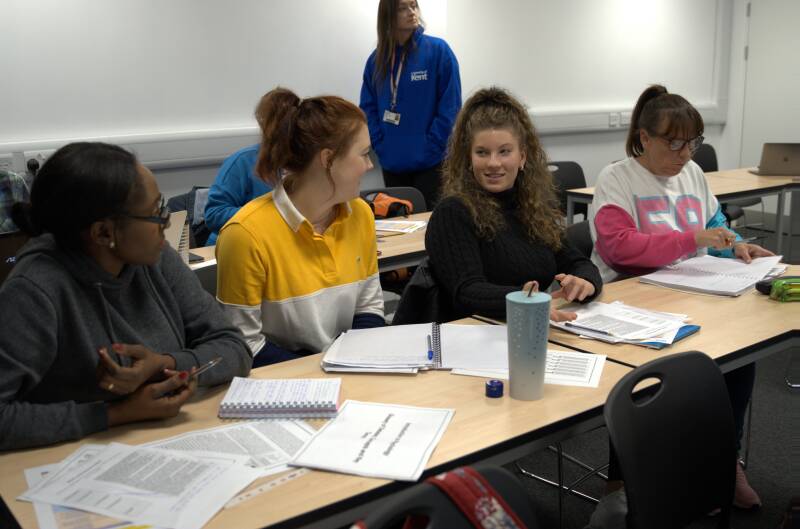

Understanding Autism and Mental Health
This course will explore the myths around mental ill health, Autism and neurological difference.
Over four weeks you will learn about:
- Mental ill health and stigma
- Neurodiversity and our ideas about what is ‘normal’
- Autism – what it is and what it is not
Dr Chloe Farahar (they/she - Autistic) will consider what are presently called 'mental illnesses' and the subject of 'mental health', as well as what is presently called 'autism spectrum disorder', in a way that makes these topics accessible for any audience.
Please note: this course contains real-life narratives about mental health (including a short video that briefly mentions abuse, aggression, and suicide), and being Autistic. We will also be discussing the negative language and portrayals of mental health, so please be aware that negative language will be used, but only as a means to discuss and break-down stigma.

Victim or Survivor? Language, crime and the media
Violent crime always seems to
be in the media, and podcasts, documentaries, books and journalism are all
adding to the conversation.
But have you ever thought about the language that is used to describe crime and the people who are caught up in it?
This course will consider a range of audio, video and printed material as we explore the words that we use when we talk about crime.
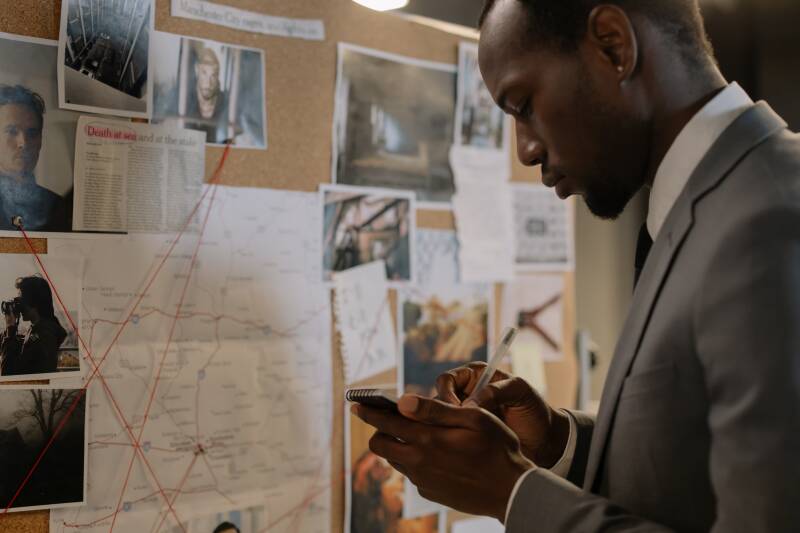
Exploring Detective Fiction
Do you enjoy crime drama? Have you ever wondered why Sherlock, Morse and Marple continue to be so popular?
Would you like to investigate further and find out how detective fiction works? This course will explore the nature of the fictional detective in books, television and film.
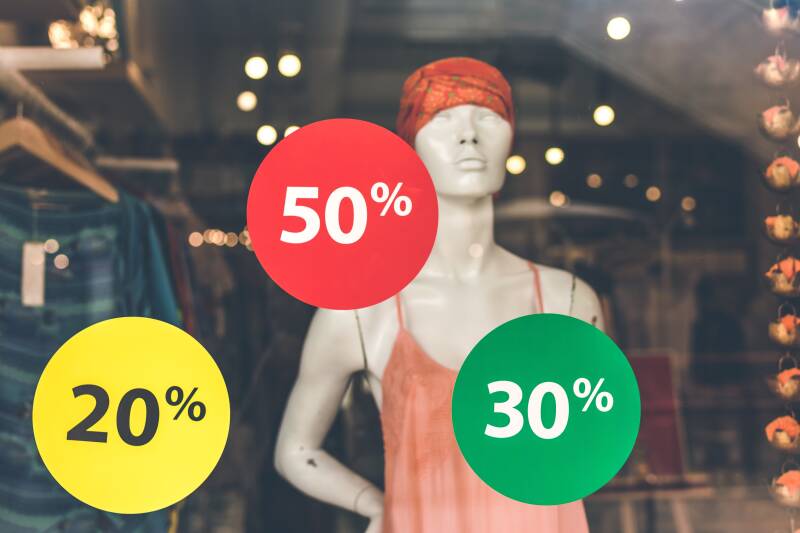
Maths Isn't Scary
Have you ever stood in a supermarket and wondered if the “big value” pack really is the best value?
Do you wonder why x, y and z are used in equations? Would you like to have a better understanding of the statistics used in the media?
If so, then come and take part in this free course to improve your skills and confidence with numbers.
Designed specifically for adults, this four-week course will help take the fear out of maths and could help you to progress to GCSE.
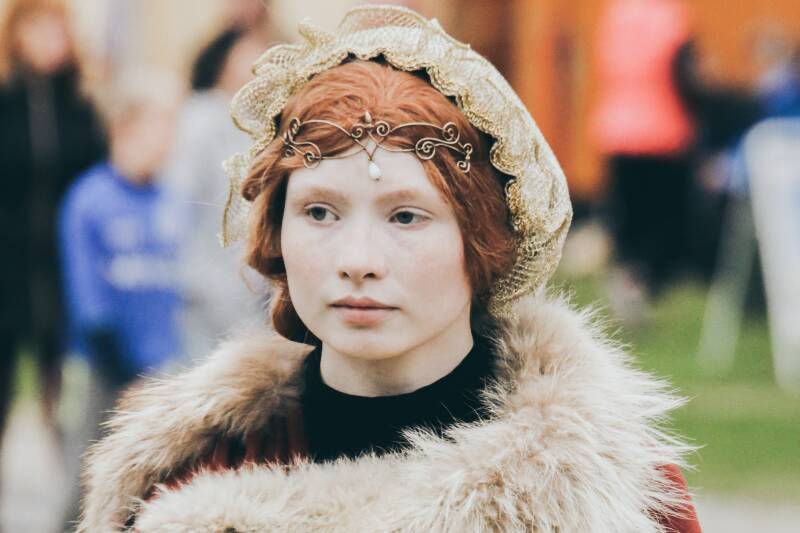
Writing Fantasy
Do you enjoy daydreaming? Are you drawn to stories set in other worlds? Would you like to be the next George R. R. Martin?
Fantastical fiction is everywhere these days: from Westeros to Hogwarts to Middle Earth. Through discussion and simple creative writing exercises, learn how to build your own enthralling imaginary worlds.
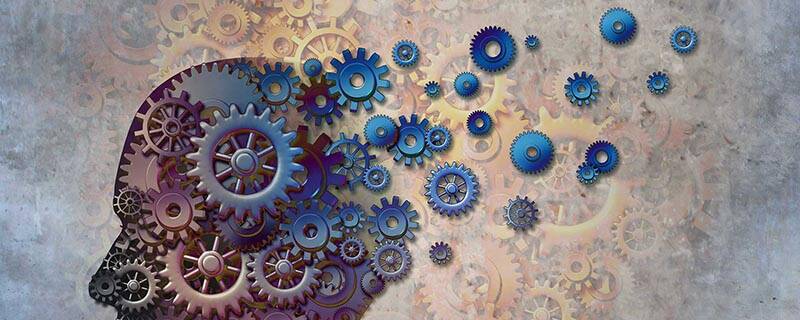
Forensic Psychology
How does psychology research influence our justice system? Can we predict who will commit a crime? Should we trust eyewitness testimony?
This short course will answer all of these questions and more. Over four weeks we will explore:
- What forensic psychology is
- Serial killer profiling
- Jury decision making
- Eyewitness testimony
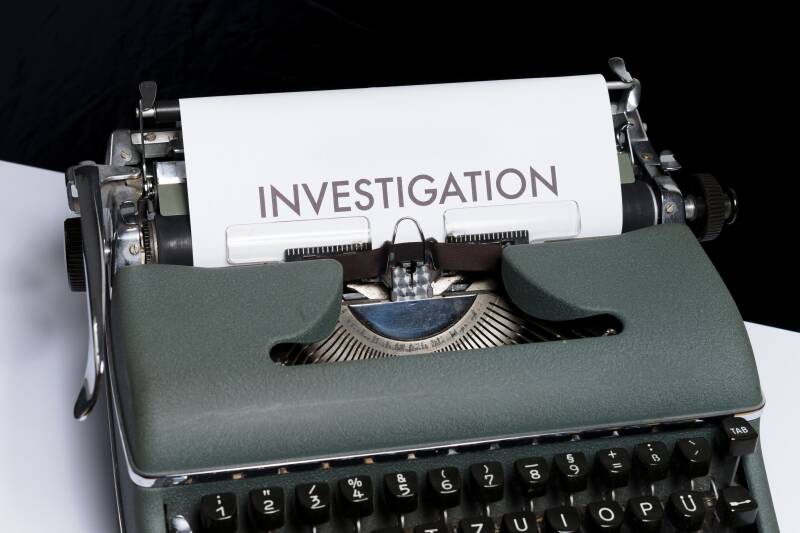
Create your own Crime Thriller
Around one in eight books sold in the adult fiction
market are crime thrillers. What makes these dark,
twisted and suspenseful stories so enduringly popular?
How can you create your
own thriller – one that both follows the conventions of the genre, and contains
an original twist?
Take part in these fun, friendly sessions to find out!

Crime and Deviance: Who are the Criminals?
Crime is often in the headlines, but who are these headlines about and how complex is criminal behaviour?
By combining ideas from Sociology and Psychology this course will consider why people commit crime.
Over two weeks this short course will explore:
- What is meant by crime and deviance
- The causes of criminal behaviour
- Who joins a gang and why

Victims and the Consequences of Crime
How are the victims of crime portrayed and what are the consequences for the victims?
Using sociological and psychological theory, this course will consider why victims are sometimes portrayed negatively and the fear being a victim of crime can create.
Over two weeks we will explore:
- How victim blaming can make a person feel safe
- How morals can lead to the blaming of victims
- The impact that the fear of crime can have on a person’s life
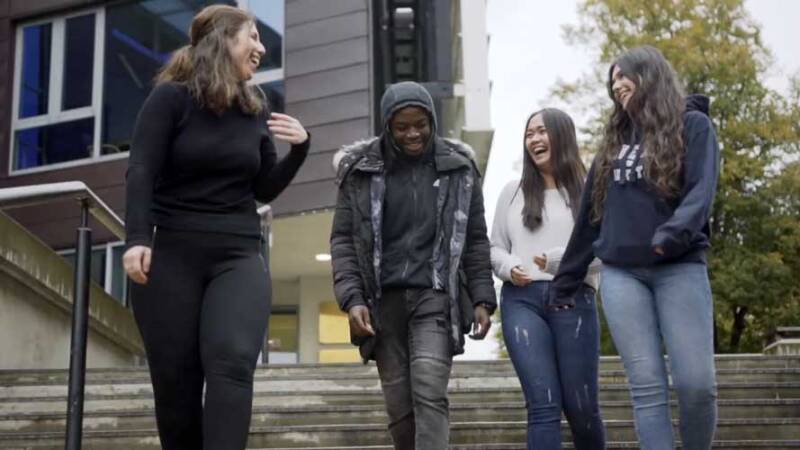
Teenagers: Why do they do what they do?
Are teenagers that different to adults? Why do teenagers’ rebel and take risks? How influential is the media in promoting teenagers as deviant?
By combining ideas from sociology and psychology this short course will answer all of these questions and more. Over four weeks we will explore:
- Teenage stereotypes and differences in brain structure
- The portrayal of teenagers in the media
- Young people and criminality
- Exploration of youth identity




